Swiss cantonal, communal and city diplomacy in Strasbourg
Twelve representatives of Switzerland's cantons, communes and cities sit in the Congress of Local and Regional Authorities of the Council of Europe. The Congress is an important forum that gives a voice to the local and regional authorities of the 47 member states of the Council of Europe, allowing them to share their insight and defend local and regional democracy. Five members of the Swiss 2021–26 delegation talk about their work and motivation.
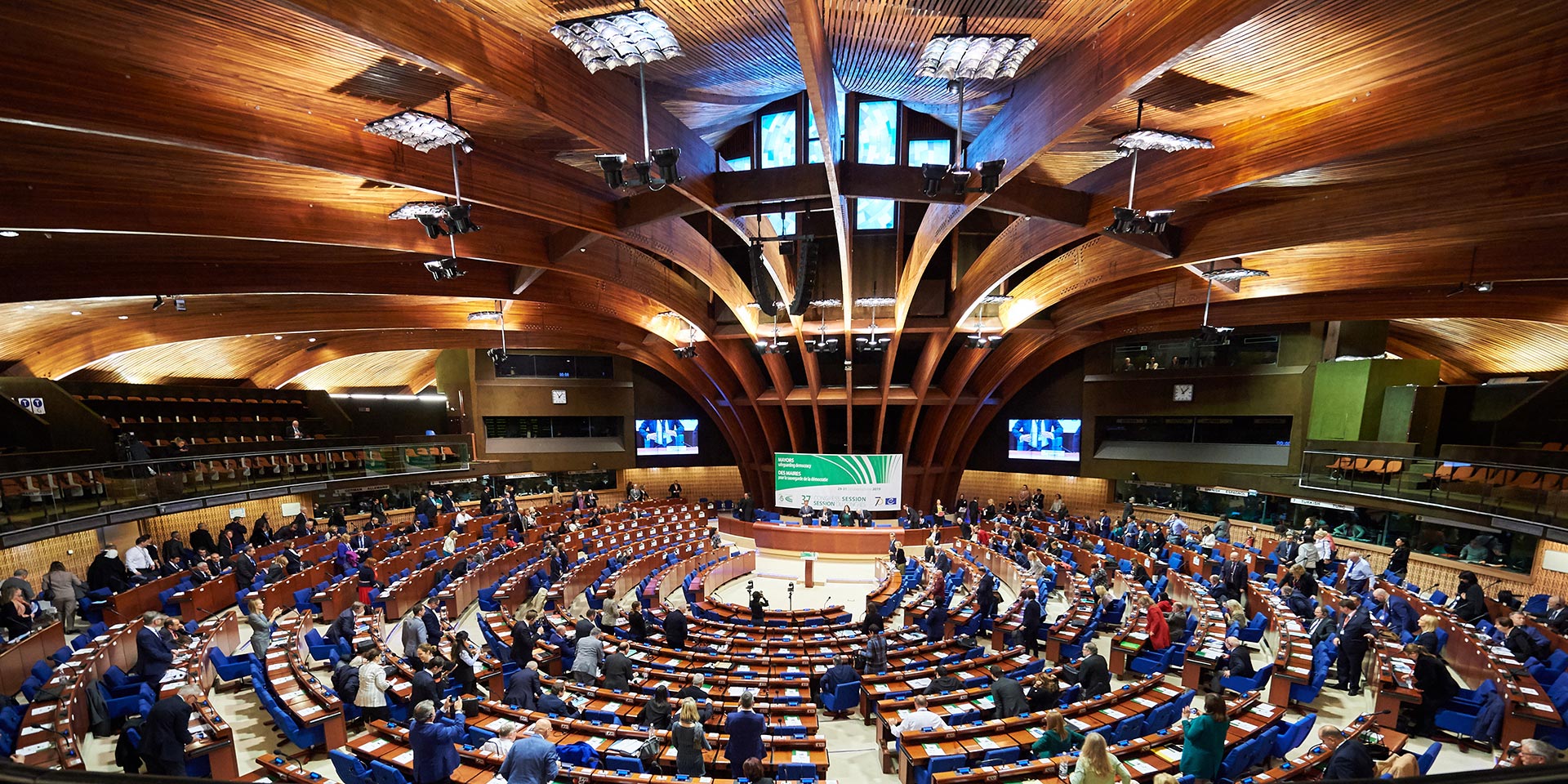
Switzerland joined the Council of Europe in 1963. The Congress of Local and Regional Authorities of the Council of Europe was established in its present form in 1994. © Council of Europe
What do the cantons of Thurgau and Jura or the communes of Rorschacherberg, Veytaux and Montreux have to do with Strasbourg – capital of Europe and hub of intergovernmental diplomacy? Political representatives of these localities sit in the Congress of Local and Regional Authorities ('the Congress') of the Council of Europe. They are among the 12 members of the Swiss delegation newly appointed for the 2021–26 period by the head of the Federal Department of Foreign Affairs (FDFA) on behalf of the Federal Council. In total, the Congress has over 600 members who hold elective office, representing some 200,000 local and regional communities in 47 European states.
"The Congress is one of the very rare official networks linking our communes and cantons with their partners from neighbouring countries and the rest of the Europe," explains Laurent Wehrli, member of the Swiss delegation, National Councillor, and Communal President of Montreux (canton of Vaud).
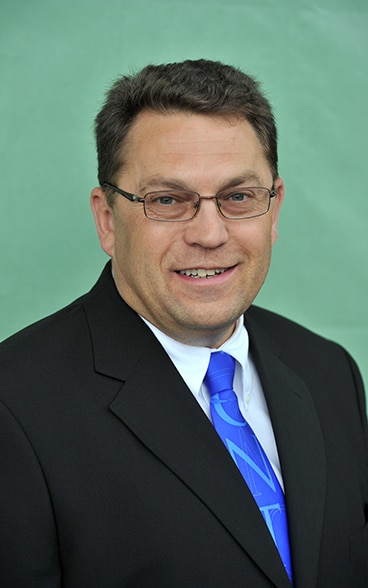
Laurent Wehrli
National Councillor
Communal President of Montreux (canton of Vaud)
Europe of the regions
Neuchâtel writer Denis de Rougemont championed the 'Europe of the regions' – a concept that very much reflects the Congress's efforts to promote local and regional democracy, improve the quality of local and regional governance, and empower self-government.
David Eray, Swiss delegation chair and land, environment and transport minister in the canton of Jura, believes that defending regional and local autonomy is all the more important in these difficult times. "The Covid-19 pandemic presents the Congress with the additional challenge of safeguarding decentralisation and regional development policies amid the drastic decisions that countries have had to make in response to this health crisis," he says.
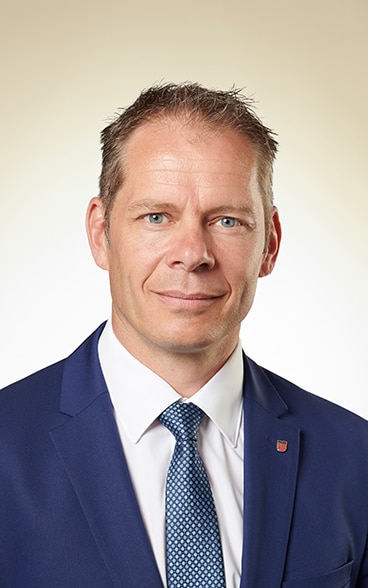
David Eray
Government minister of the canton of Jura
Swiss delegation chair in the Congress
Cornelia Komposch, member of the government of the canton of Thurgau and new member of the Swiss delegation, underlines the importance of Switzerland participating in this advisory body of the Council of Europe: "Over time, I have become increasingly aware of how much an autonomous Switzerland is indeed influenced by Europe, and how much the prosperity of our country, our regions, our communes and, ultimately, our society as a whole directly depends on what happens in and around Europe."
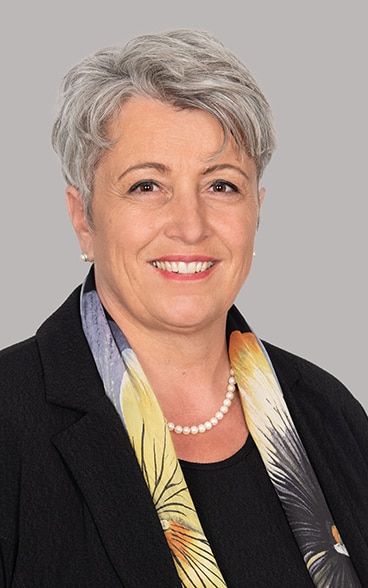
Cornelia Komposch
Member of the government of the canton of Thurgau
Swiss federalism and beyond
As the voice within the Council of Europe on all issues affecting local and regional politics, the Congress is also a great platform for dialogue. "Beyond its core purpose of safeguarding democracy and human rights as well as ensuring implementation of Council of Europe charters on matters such as local self-government, the Congress is an environment conducive to sharing expertise and insight," says Wehrli. The local and regional representatives of the various member states can discuss mutual problems, compare experiences, and articulate their points of view at the Congress's biennial sessions.
Christine Chevalley, Communal President of Veytaux (canton of Vaud): "As the president of a commune as well as a cantonal parliamentarian, I have plenty of experience in the administration of a relatively small municipality and the service that we can provide to our local population. I have been able to engage with mayors from other Congress member states on several occasions. We are the ones responsible for helping, informing and supporting for our respective communities, so the challenges that we face are very real."
Chevalley also notes how much Swiss federalism is admired within the Congress. "With its different cantons and languages, Switzerland sets a good example to its counterparts, showing how people can work together despite language and cultural barriers. When it comes to democracy, the federal, cantonal and communal strands of our political system are the envy of Europe."
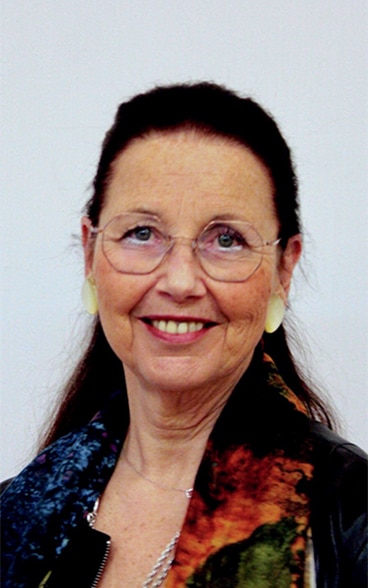
Christine Chevalley
Communal President of Veytaux (canton of Vaud)
Beat Hirs, Communal President of Rorschacherberg (canton of St Gallen), shares this sentiment. "It was only when I started at the Council of Europe that I realised how centralised many European states are," he says. "There is plenty of potential for citizens to have a greater democratic say in most municipalities, cities and regions of Europe." While Switzerland leads on local governance, it can also gain from other perspectives, he adds. "But the majority are not always right. The Council of Europe has thrown up some interesting cases of minority rights being upheld. We Swiss can learn from these examples."
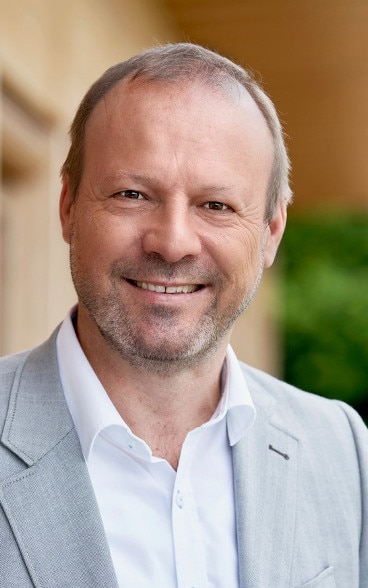
Beat Hirs
Cantonal President of Rorschacherberg (canton of St Gallen)
David Elay, Swiss delegation chair since 2018, reiterates that Strasbourg welcomes political input from Switzerland. "Our federalist background is a template that can help to break certain political stalemates that are often the result of having an overly centralised state," he says. Like his colleagues, Elay believes that this enriching process works both ways. "Switzerland can assess the scope and diversity of existing political systems in Europe and learn lessons on what works well – and less well."
The Conference of Cantonal Governments, the Association of Swiss Communes, and the Swiss Union of Cities nominate 12 people to represent Switzerland in the Congress. The Swiss delegation members are duly appointed by the head of the FDFA. The FDFA also appoints the Swiss delegation's secretariat.
Elay concludes: "Our delegation is a fine team of motivated individuals. The excellent support that we receive from the Federal Administration also allows us to have frequent and fruitful contacts with our diplomatic corps – which is also crucial. Switzerland plays its part within the Congress, and we can be proud of that."
Good to know

Based in Strasbourg, the Council of Europe is Europe's oldest intergovernmental institution. Protecting and promoting human rights, democracy, and the rule of law is at the heart of its activities.
The Congress of Local and Regional Authorities is one of the institutional pillars of the Council of Europe, the others being the Committee of Ministers, the Parliamentary Assembly, and the European Court of Human Rights. It is an advisory body composed of 648 elected representatives from 47 countries (324 full and 324 substitute members). The Congress's varied activities include ensuring implementation of the principles enshrined in the European Charter of Local Self-Government, coordinating local and regional election monitoring missions, and advising other bodies on local and regional policymaking.
Links
- Appointment of the Swiss delegation to the Congress of Local and Regional Authorities of the Council of Europe; press release, 12 February 2021, FDFA
- Congress of Local and Regional Authorities of the Council of Europe
- Swiss delegation to the Congress of Local and Regional Authorities of the Council of Europe
- Council of Europe
- Council of Europe, FDFA
